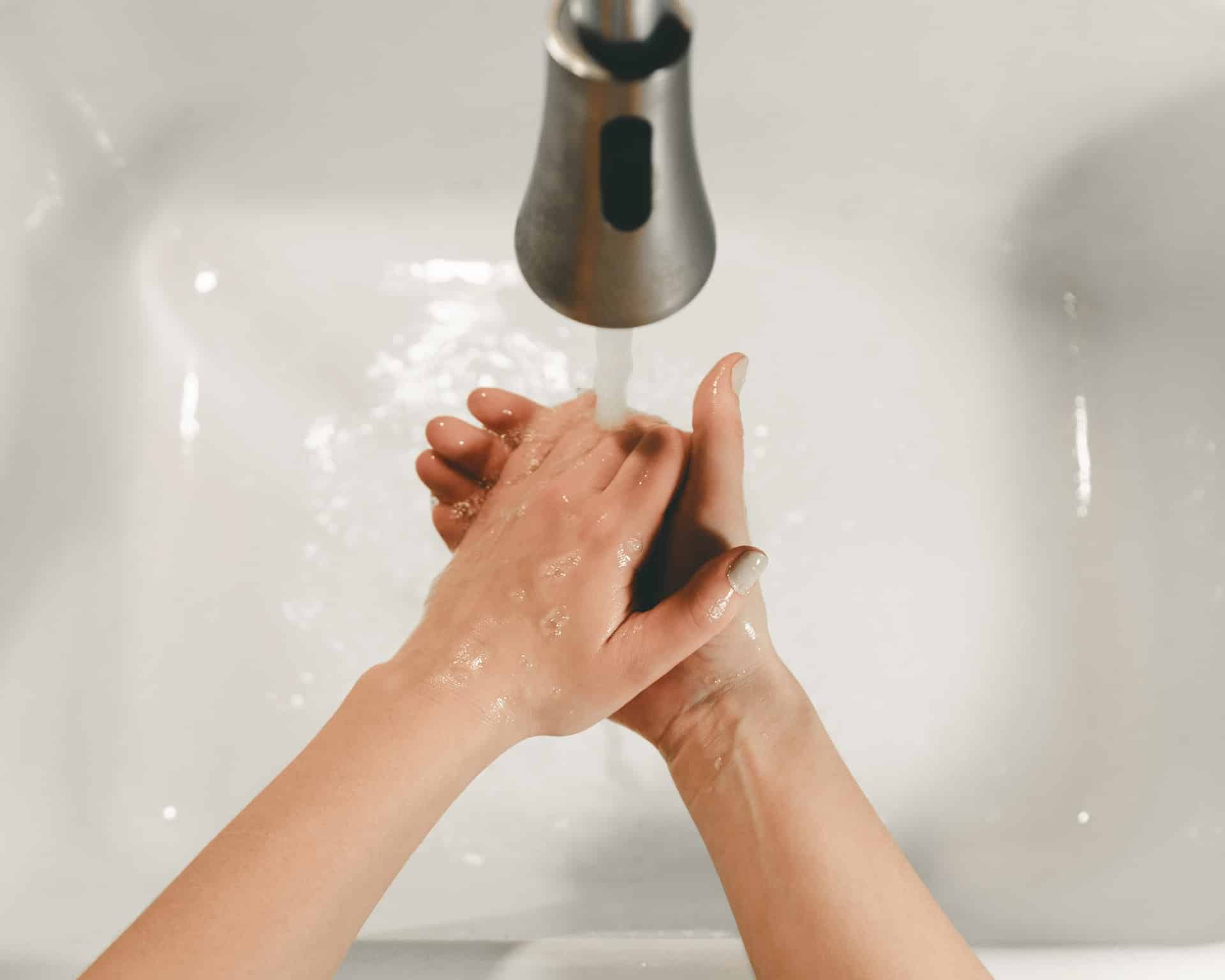Sometimes it happens because of our busy lifestyles, while some others entirely by mistake, but we have all, at least once, put something down the drain. And, invariably, we have regretted that action immediately! Blocked drains can cost us a hundred or thousands of pounds, or even cause great damage to drains and pipes.
And, of course, it is important to remember that most of what goes down your drain will end up in landfills – so, it is likely to come back to you in a way or another, in your drinking water or in your food. Being more careful about what goes in your drains is a great way to prevent drain blockages and clogged drains while limiting your environmental footprint! Start with the 16 items below.
FOG – Fats, Oils and Cooking Grease
If you have ever tried to clean greasy surfaces, clothes, or even your hands, you will know how challenging that can be. Well, it can be as challenging when the grease is in the drains rather than on your hands! One of the greatest dangers of pouring FOG down the drain is that these materials might be liquid when they are hot, but they solidify when they cool down. This will cause them to block the drain. Instead, you should allow any grease and fat from meats and other ingredients to solidify in the cooking pan. Then, pour the solid grease in a jar and throw this in a bin.
Diapers
Diapers are created similarly to sanitary napkins, but they are even more absorbent and expandable. As they increase in size, they can clog drains, especially when travelling through U-lines.
When deciding how to dispose of them, it is crucial to analyse the label. This might be labelled as flushable while also being “not septic safe”. In this case, you should find alternative ways to dispose of them.
Bones and Pits
Bones and pits can clog your drains, and you should avoid putting them down the drain. If you use your kitchen sink to process some cooking ingredients, make sure that you are using a net or filter to prevent them from sliding down the drain.
Egg Shells
Eggshells are not as hard as bones and pits, but they can be just as damaging. Indeed, when they enter the drains, they create granulated wastage inside the drains, which can block them over time. Alongside eggshells, you should be careful of potato peels and other types of food waste.
Tampons and Sanitary Napkins
Tampons and sanitary napkins represent one of the most common causes of blocked drains in London. This is because of the intrinsic nature of these products. Sanitary pads and tampons are designed to absorb moisture and expand as they do so.
So, when throwing these items down the drains, they will expand, causing blockages. And unlike paper, they don’t dissolve in water! Because of their plastic content, they can also create a substantial environmental impact.
Coffee Grounds or Beans
These are a common cause of blocked drain because we don’t always realise how much of them enter the drains. Coffee after coffee, some of the moist ground beans are flushed down the drain. This can happen when you rinse the machine with tap water or when emptying the filters in the sink. This material can enter the drains and start accumulating, which will cause blockages in the long term.
Chemicals Such as Fertilizer, Insecticides and Pesticides
Chemicals such as fertiliser and pesticides should never be flushed down the drain. If you are using these chemicals, you should also pay attention to the label and the disposal instructions. Of course, they can cause blockages, but they can cause even greater damage when they end up in landfill, compromising ecosystems and wildlife.
Condoms
Any condom or latex items will cause blockages in the pipes because they are not compostable, and they can create tangles with other items in the drains. When they end up in landfills, they can create significant damage to wildlife as many animals mistake them for food.
Wipes
Wipes and cleaning wipes should not end up in the toilet or in the drains – even if they are labelled as “flushable”! Because of their plastic component, they are not degradable and can create severe blocks in the drain.
Flammable or Explosive Materials (Including Liquids!)
While this should be obvious, it is crucial never to throw explosive or flammable materials down the drain. When doing so, you can create a major safety hazard as they might ignite at some point while in the pipes. Additionally, make sure no paint is thrown in the toilet, as this can harden and dry and cause blockages.
Quick Clear Drainage
Prevention is always the best strategy when it comes to blockages. However, it may not solve your problem right now! If you have a blocked drain in London contact Quick Clear Drainage.

